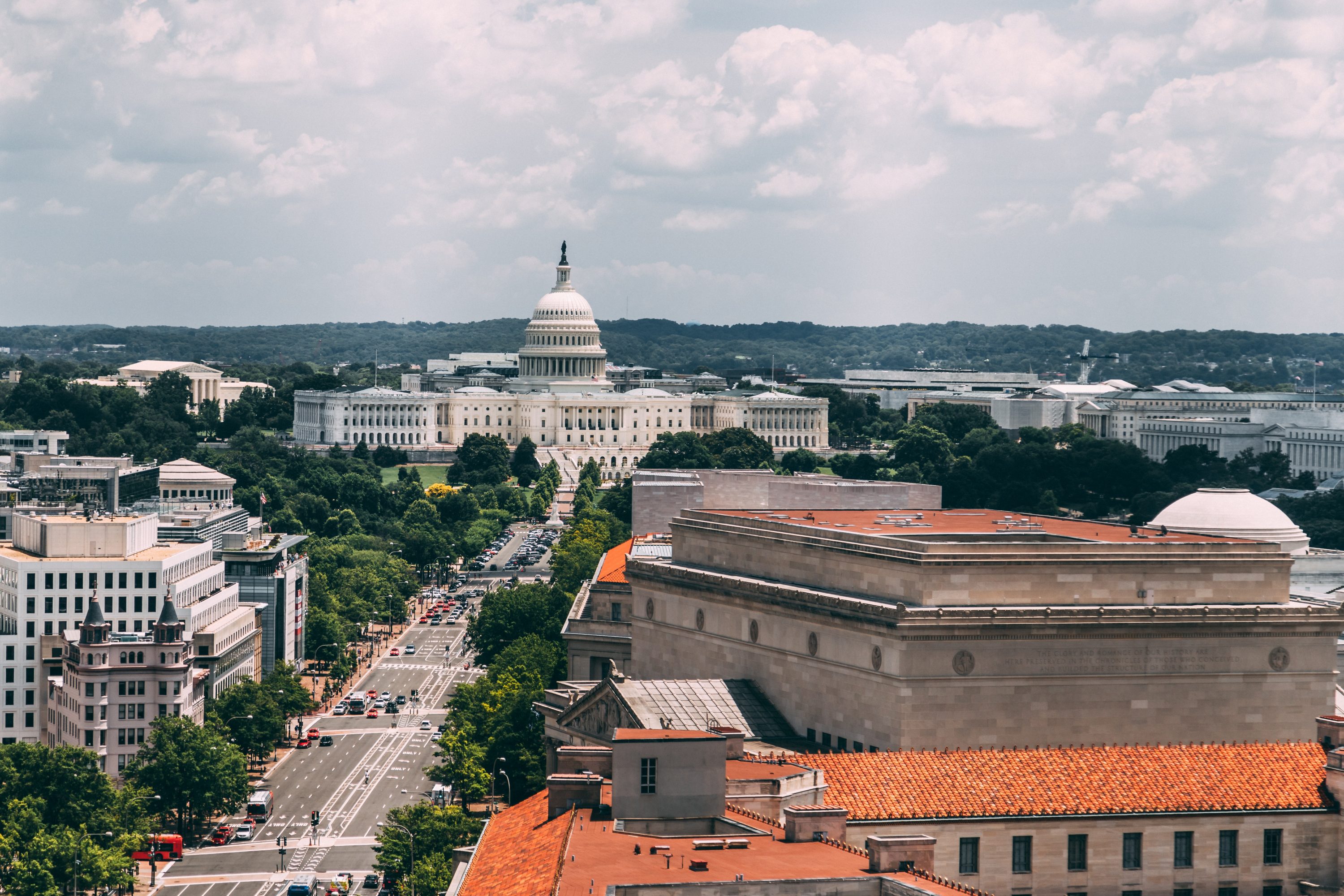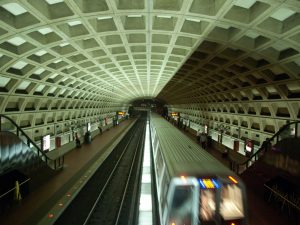Though D.C.’s COVID-19 rates have stayed below those of other regions, this does not mean the District’s COVID response has been perfect.
In reality, coronavirus is pushing the city’s most vulnerable—those already on the brink of housing insecurity or financial distress—over the edge. While the city government has worked to contain the virus, it has too often left those who are hardest hit by its financial effects out in the cold, without benefits or government support.
D.C. is facing a series of difficult choices as the winter approaches: whether to implement another lockdown, when to ask bars and restaurants to shut their doors, and what to do with schools set to reopen in January. While there is no one solution to these problems, the city must prioritize the most vulnerable residents, especially concerning their education, housing, and employment.
D.C. Public Schools (DCPS) began the school year online and have yet to resume in-person instruction. At the beginning of the month, DCPS released a plan to return elementary students most in need of instruction to in-person classes on Nov. 9, but quickly scrapped it after the Washington Teachers Union (WTU) issued a no-confidence vote on Nov. 5. The union cited concerns about the District’s ability to provide adequate protective measures for students and teachers. Only on Nov. 16 did DCPS announce a plan to open a limited number of classrooms across 29 elementary schools, estimating that about 600 students will return to class in person. While this is a good step forward, it comes far too late and shows that the city has prioritized reopening restaurants and movie theaters over its students’ education.
Though complete in-person instruction is not safe nor possible during the COVID-19 pandemic, getting the students who most need these services into the classroom should be the District’s number one priority. Remote learning has been far from equally effective for students across the country, and in a city with massive wealth inequality, it is crucial to consider which students are most likely to fall through the cracks. Low-income students, students with special needs, and students with difficult home lives may not have a parent available to guide them through Google Classroom, or for children with disabilities, someone with the training to provide certain kinds of education. For thousands of students everywhere, school is more than an education; it is a form of care.
As urgent as the education situation is for many students, no plan to reopen D.C. schools should be considered without the highest degree of safety considered. DCPS must provide teachers with adequate personal protective equipment, redesign learning environments to allow for social distancing, and only bring back those students who are most in need of in-person instruction. Schools should also only reopen with teachers who volunteer to return to their classrooms, rather than forcing educators into environments in which they are uncomfortable. According to the World Health Organization, schools taking appropriate safety precautions have not been linked to community spread. If DCPS goes back to school the right way, students who need in-person learning to succeed can do so at a relatively low risk. If restaurants, movie theaters, and bars can reopen in D.C., our vulnerable students can and should get back to school.
The rent crisis in D.C. is far from new. Of all the renters in the District (about 60 percent of residents), nearly half are considered cost burdened, meaning they spend more than 30 percent of their income on their housing. The majority of these residents spend more than half their income on rent. Black and Latino renters are disproportionately cost burdened, and low-income residents, especially residents of color, have been increasingly priced out of their neighborhoods.
The pandemic has intensified these preexisting disparities, placing additional stress on those renters who struggle to meet rent in non-pandemic times. Though there is an eviction moratorium in place until 60 days after the end of the public health emergency, renters are still facing informal evictions in the form of threats from their landlords. Moreover, many residents do not know what will happen when their rent, which for some residents who lost their jobs has been accumulating since March, becomes due.
Though the D.C. Council has taken steps to address the problem, not all residents have access to rent assistance programs or even know they exist. Additionally, landlords are continuing to file illegal evictions—over 1,800 as of mid-October—and provide notices of eviction to residents which, while not legally binding and currently unenforceable, suggest tenants must move out in 30 days to avoid eviction.
The individualized solutions currently in place are not enough. Tenant groups have called for rent incurred during the pandemic to be cancelled, and at least 14 rent strikes are underway in the city. Some form of universal relief seems to be the only tenable option, as individual-based programs inevitably fail to reach all tenants and landlords continue to exploit tenants unaware of their eligibility.
While a universal rent cancellation policy in the District could have widespread negative effects, a targeted rent relief program for those who have outstanding rent payments from the public health emergency could relieve the pressures on those most vulnerable without plunging landlords into ruin. Such a program would take the burden of finding relief off those coping with dire economic situations, while also ensuring that same group does not fall off the upcoming eviction cliff.
Similarly, the District’s unemployment response has been individualized in a way that places immense burden on those who have lost work and who often do not have the resources to navigate the inexplicably complex unemployment process.
D.C.’s unemployment rate is currently 8.7 percent, which is defined as high unemployment. A number of assistance programs, both pandemic-related and not, are run through the Department of Employment Services (DOES). Several workers have reported an inability to connect with the service to receive unemployment benefits, citing wait times of up to 12 hours on the phone. Multiple workers who began applying for unemployment in March, at the start of the health crisis, have yet to receive benefits. A promising work-sharing program the District pioneered has been found lacking, and across the board, workers are reeling from lost wages.
While an internal debate rages in the government about whose fault this delay is, the fact is that as long as workers in need of assistance cannot receive it, D.C. has dropped the ball. The District must do everything in its power to hasten the arrival of these benefits and prioritize workers at risk of losing housing or without the savings to subsist. If workers do not yet have access to benefits, DOES should clearly explain why and communicate steps the workers can take to address the problem. Even if DOES cannot hire more employees to adjudicate benefits claims, they should at least increase the number of people taking calls to bring down the atrociously long wait times and ensure residents feel heard.
COVID-19 case rates do not tell the whole story. They do not include the children whose education has stalled. They do not include the residents on the brink of eviction or the workers who cannot feed their families despite being entitled to benefits. D.C. has taken measures to protect the physical health of those most vulnerable to COVID-19, but it must also protect the financial and social health of those most vulnerable to its impacts. As we watch and criticize how the city responds to rising cases, we must do the same for its response to the residents who rely on government assistance to survive.





